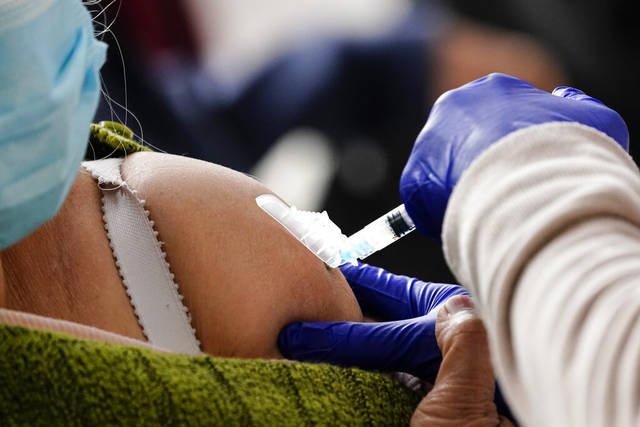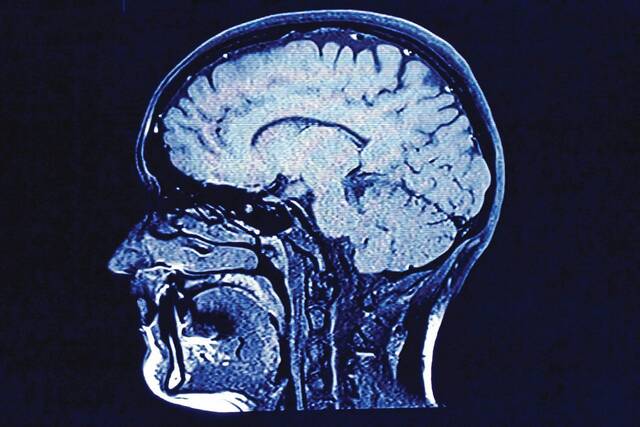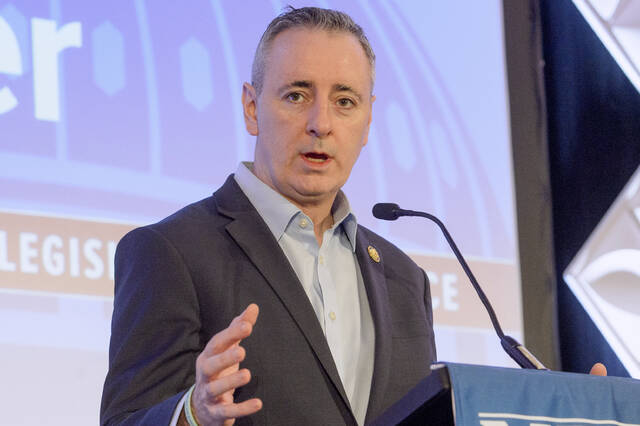“At least you have your health.”
It’s the phrase that gets used when something goes wrong, reminding you to look for the silver lining in that storm cloud. But what about when the cloud is medical? What do you do when your health is the issue?
That is what many people have faced in the last year and what many still are facing as the covid-19 crisis drags on and the long-term effects come to light.
It’s a situation all too many people already face even when there isn’t a global pandemic. Health can be the issue, and getting a medical professional to acknowledge that is the problem.
Women are less likely to have pain taken seriously by doctors. In a study, a man who had coronary bypass surgery — a complicated and invasive surgery that takes up to three months for full recovery — was twice as likely as a woman to receive narcotics for the three days immediately after the procedure. Women who express pain are seen as whiny. They are more likely to be sedated than have pain treated.
Black patients are also frequently dismissed. Again, pain is minimized, often because of a long-held racist myth that Black people have higher pain tolerances. Other diseases that just don’t “seem” Black — such as eating disorders — aren’t considered, researchers say.
Then there are the fat people. Everyone knows that doctors are apt to advise weight loss, but as a fat woman, I can tell you that everything from an ear infection to a migraine has been blamed on my dress size by doctors who barely looked at me during the visit.
My obstetrician was actually angry at me when I didn’t fulfill his prediction that I would have gestational diabetes during my pregnancy. He said the test was wrong and blamed it on the amount of sweet orange liquid I was given for the test, calling the research bad for fat women.
It’s the one area where I agreed. In addition to biases by the medical industry against some patient groups, there is an issue of lack of research. Women present differently with some conditions, such as heart disease, than men. While it is the leading cause of death in women, more research has been done in men, leading to misconceptions about what a heart attack looks like.
But after more than 30 million Americans have tested positive for covid-19, we can’t afford to let those kind of biases guide research and treatment going forward.
Early on, men were identified as being more at risk of severe symptoms and death from the disease. Meanwhile women have been reporting the lion’s share of vaccine side effects. Black, Latinx and obese patients have been hit hard by covid, which means they need to be a focus of research into long-term impacts.
The medical industry — something we need to trust and depend upon — has fallen down on this in the past. But maybe a silver lining of the pandemic can be using this terrible plague as an opportunity to learn and do better now.
Not everyone has their health, but at least we can have health care that takes us all seriously.








